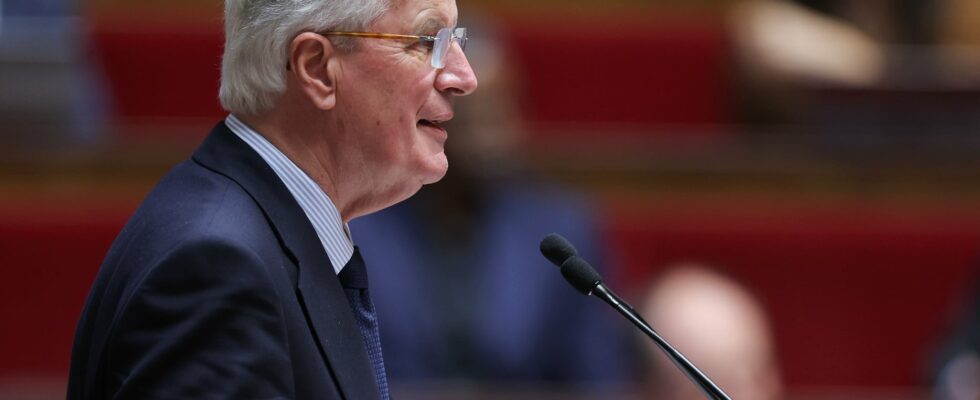Finance inspector and former Orange HR director, Bruno Mettling founded the consulting firm Topics in 2018. He provides his analysis to L’Express on the flaws in our retirement system, which, according to him, the previous reform did not address.
L’Express: The Prime Minister Michel Barnier wishes to reopen the pension file. Is now the right time to return to this explosive subject?
Bruno Mettling: Before studying the options, a consensus must first be established on the state of health of the system and its prospects. However, what did not work well in the previous reform was firstly the seriously flawed diagnosis of the Pension Orientation Council. Without going into all the details, the multiplication of scenarios, the majority of which were excessively optimistic such as the fact of not having integrated the financing of public sector pension deficits into the overall reflection on the balance of the pension system, leads to an underestimation of the seriousness of the situation. As a result, the acceptability of the efforts was seriously affected. This is what I will call the original error and it is not fixed. We must undertake an in-depth analysis of the reality of the regime’s deficits.
The second point is more systemic. The very existence of the current distribution regime would be threatened in the event of stagnation. And it is in view of this risk that we must agree to revisit certain parameters of the system. In this respect, the proposal to postpone the revaluation of pensions by six months is acceptable. Knowing that the previous update represented 20 billion euros, almost twice the budget of the Ministry of Justice. Is this really unbearable, knowing that we are one of the only countries in the world where the standard of living of retirees, on average, is higher than that of the rest of the population? Be careful, however, to take into account the disparity in income levels between retirees: even if small pensions have been increased, the gaps remain high between well-off retirees and others.
Should we return to the totem of 64 years, with the financial difficulties that you point out in the system?
I think that a majority of French people have understood very well that with the increase in life expectancy – more than ten years since 1970 – they will have to work longer. What was not accepted in the previous reform was the accumulation of the postponement of the retirement age to 64 and the increase in the number of years necessary to benefit from a full pension. Moreover, the Touraine reform, which only increased the necessary annuities, forced employees to work longer. But here, this accumulation is a machine to penalize those who started their professional life young. However, these are generally the ones who have the most difficult jobs. It is this double injunction which created the feeling of rejection of the reform, even if complex measures to take into account periods worked from 16 to 20 years ended up being added. A target number of annuities or quarters, for a full-rate retirement without age conditions, would have the merit of simplicity.
To restart dialogue with trade union organizations, should we review the arduousness criteria?
Obviously. Especially since Emmanuel Macron had revised them downwards in 2017, by removing certain painful postures, the manual handling of certain loads or even the criteria for exposure to chemical agents. So, it’s true that reintroducing arduousness criteria is an important point.
You underline the need to have a complete, credible and serious vision of the financial situation of the plans. Should the government tackle special diets?
This is food for thought. It is normal, in the name of the social contract, for the general regime to partly fill the deficit of the special regimes which must cope with an unbalanced demographic situation. But how far can solidarity go when the entire system is in danger and when the situation of retirees from special schemes deviates so much – level of pensions, retirement age, etc. – from the average of private sector employees? Here too, it will undoubtedly be necessary to examine the terms of the contract of trust, and to ask ourselves whether it is up to the general regime and solidarity to also sustainably finance the pension amounts which are much higher than those of the general regime.
Will we one day have to ask the question of the universal regime again?
In the short term no. But in the medium term, it is absolutely necessary to recreate the conditions for a consensus in favor of a major shift towards a universal points system. It would provide readability, flexibility and automaticity that we absolutely need. It would also allow us to escape from the psychodramas surrounding regular revisitations. But this shift will take time. This is obviously a medium-term project.
.
